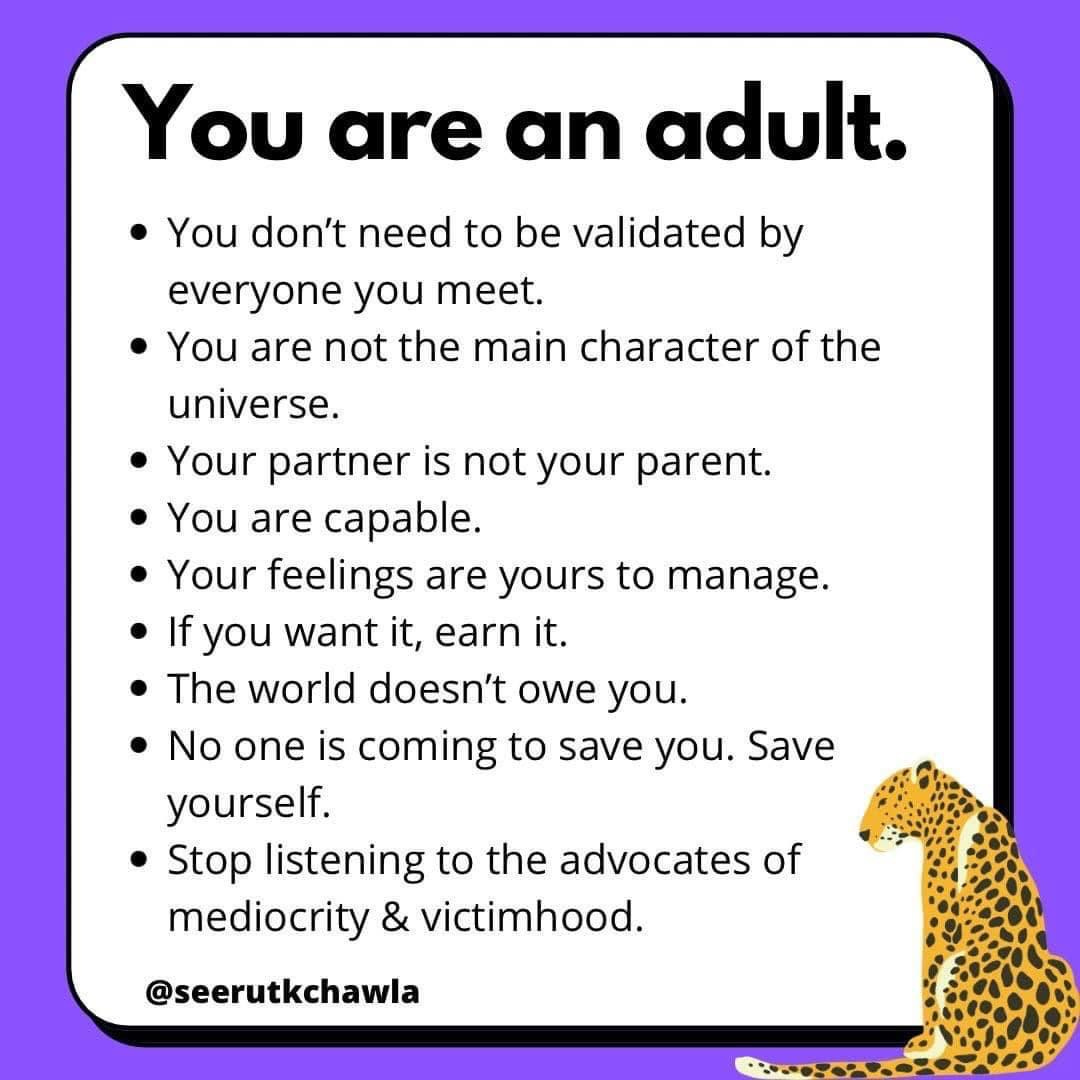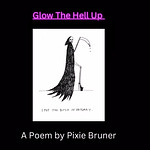CW/Trigger Warnings: Content and Trigger Warnings
“Trigger Warnings” (presented here in an under five minute abridged version done for the phenomenal “Exercise Your Writes” podcast) is a spoken word piece from my forthcoming poetry collection “The Body as Haunted” coming out on April 4th, 2024 on Authortunities Press.
Trigger warnings sort of “trigger” me. Not only have they been scientifically proven to not work and can actually increase anxiety and distress in sensitive readers, but can also cause people to read the things that will intentionally cause them distress and anxiety. They backfire spectacularly. They simply don’t work as intended- to reduce anxiety/stress/reaction.
Everyone knows about the placebo effect or people think that an inert nothing can have a positive effect but there’s also the “Nocebo effect” and which people think something is going to affect them negatively and then it does exactly that. If you think they’re going to be bad side effects, you might possibly experience more of them. The only time thoughts actually become things, subjectively speaking.
I’m sick of “toxic positivity” and the cult of positive thinking/manifestation/Law of Attraction, as well as the flip side of “Sturm und Drang” revivals (we call it emo, etc now) that are both popping up like Pentecostal faith healing con-men in the Dust Bowl, and this bloggish-post is coming from the “Pessimist of the Year” Senior Awards, Class of 1990, Norristown Area High School.
Trigger warnings being useless is objective fact-
https://www.thefire.org/news/harvard-study-trigger-warnings-may-impede-resilience
https://www.psychologytoday.com/us/blog/parenting-translator/202307/do-trigger-warnings-do-more-harm-than-good
“Key Points
Currently, trigger warnings do not seem to impact most people’s emotional responses to content.
The forbidden fruit effect may be causing trigger warnings to have the opposite effect.
These warnings may prompt a nocebo effect, where negative expectations cause more negative outcomes.”
Content warnings prime the brain and parasympathetic nervous system pump for shock, anxiety, fear and negative emotions. If you have PTSD, they can trigger an episode. Those unpleasant things are part of daily life experience. I fear CW/TW’s set up an expectation in the reader and become a self-fulfilling prophecy. If you see a trigger warning, you’ll likely be triggered.
I see them as spoilers and actually harmful to the healing process of trauma. We should empathize and hear survivors voices, we should listen to victims of common content and trigger warnings, but we must ultimately be responsible for our own responses and reactions. I am not you, nor am I responsible for your reactions. You are accountable for yourself and are an adult. I trust you. I believe in you and your judgment.
A trigger was once considered a psychological/physiological response that would trigger the fight or flight response. Phobias have triggers. Now, it’s an arbitrary ever-changing list of things and themes that almost all of us can agree are wrong -such as bigotry, hate, abuse, racism, sexism. Things we should be able to confront and face. Things we need to confront and live through to survive. Controversial hot topics that get added to daily, reflecting the zeitgeist of the moment. There are -ists and -isms that are positive as well, such as futurism and the futurist.
With so much literature and art having content and trigger warnings on it, it is my opinion that we are decreasing psychological resilience and are looking anywhere and everywhere for some thing that makes us have a strong (negative) reaction. We’re reflexive and knee-jerking instead of reflective and comprehending our feelings and responses.
We want everything cozy now. I may have poems that sometimes are cozy, but life in general-is not cozy. We want cautions and disclaimers. We can’t, and don’t live, in bubble wrap with blinders on — and to do so or demand that authors and all creators and to identify “all possible content” that may trigger someone else limits us and the person needing to self-regulate their responses and reactions. It’s a form of social control and censorship cosplaying as social responsibility and mental health aware. It stunts our emotional and mental growth. It weakens us. Emotional resilience is a necessary coping mechanism for survival as a species, like it or not.
There’s nothing wrong with tapping out and saying “I’m uncomfortable” and saying “No”. “No” is always a complete sentence! It’s okay to say “This wasn’t the right ________ for me.” if something made us uncomfortable or made us feel uneasy with ourselves. It’s always okay to put something down, look away, and/or walk away. You are in control, ultimately.
It’s also okay to be uncomfortable as well. To lean into that discomfort, to sit with it, try to understand it and eventually it’s possible to make peace with it. Owning it. Healing isn’t comfy- scars itch, burn and tingle as they knit tissue together and remodel to become strong and solid. They aren’t pretty, but most often, they fade. They tell our stories, but are not who we are. Growth hurts. It’s part of the amazing human experience though.
We need greater awareness of how to communicate difficult or challenging feelings without nuking and paving any book that bothered us for some reason on GoodReads. A personal reaction to a sensitive issue is not a valid reason to leave a negative review because we were so deeply effected by the work. Judge a work- not the author, the artist, the musician.
You may have been moved to physical nausea by the story featuring a teddy bear, but don’t hate on the author because they used a teddy bear in their story. They don’t and can’t know what the teddy bear did to you or what happened to you/it/them/because of, etc. They don’t know your story. Our feelings are NOT always based in objective facts. Contrary to TikTok influencers, feelings are not the same as facts. If a great work of art moves us to tears or a literary passage feels like it punched your gut, or hit too close to home, that means it resonated to you, whether your response was positive or negative. Art, when good, which is highly subjective, evokes an emotional response.
(Why the teddy bears as an example, Pixie? Theodore Sturgeon’s “The Professor’s Teddy Bear” (first published in Weird Tales, 1948) ruined stuffed animals for me eternally when I read that story in a hardcover horror anthology when I had just turned 14, all plushies that lingered in my now-full-bore hell-adolescent liminal bedroom space were banished into the closet and the closet door, like all other doors, to this day, decades later, always had to close flush before I could sleep. It messed me up for life. One of my favorite stories ever!! Mindfucked by a teddy bear, really!
I’m dissapointed my apartment shared with my doppelgänger has no monsters under the bed for me to befriend, but I do twitch seeing the cats he had before me’s pre-existing tiny teddy bear. I bury it under a avalanche of pillows to keep it away from me and the cats have a silvervine stuffed lobster to play with when the teddy bear is buried each night. It can’t get to me then. I’m as irrational as everyone else. Fuck teddy bears! Nope nope nope-Seriously!)
We need to be mindful of our own feelings and our reactions to others. We have to be self-accountable. We are sentient beings, individuals who all have our own issues and baggage. We all need a hug as much as we sometimes need a boot to the head. Everyone else is not accountable for your feelings and experiences. We are all on our own, to various degrees, and our feels are ours alone to process, understand and live with. You can’t make others carry your baggage. You can’t demand the world conforms yo your comfort zone. You can have healthy boundaries and enforce them on yourself and those who personally interact with you, but you can’t make the whole world respect your personal boundaries. You have a choice when one is crossed to just “nope the fuck outta here” and not consume or read/view something that bothers you.
“Don’t yuk another’s yum” is said a lot, usually in kink-circles, and that goes for emotions too. My frisson might not be yours and vice versa. My hard limits might not be your hard limits.
Me? I have a pretty hard limit against Trigger warnings/Content Warnings. “Life” is the only one that covers everything possible.
🖤,
Pixie







